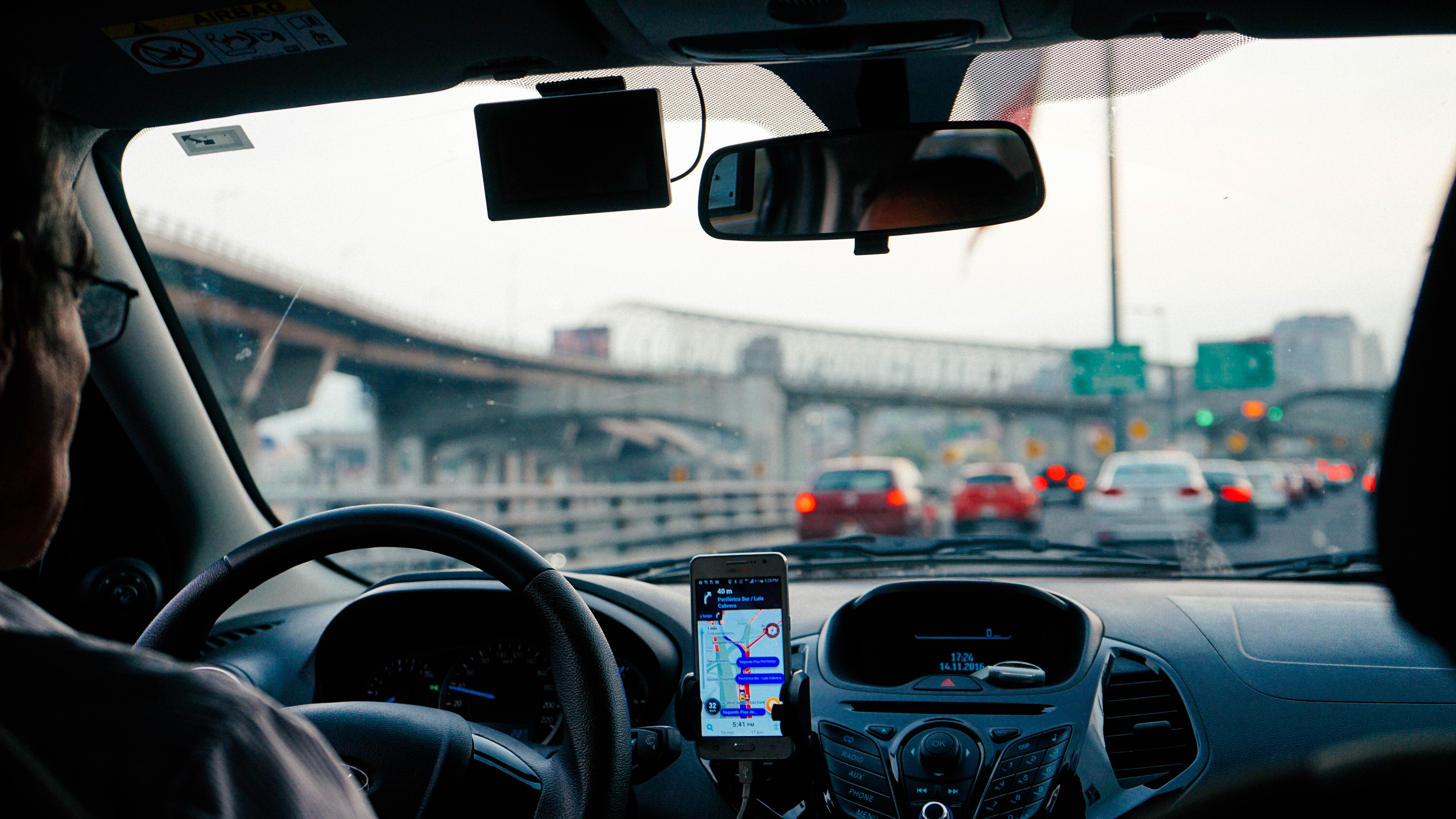Uber Through the Lens of Questions

How many times have we wrestled with a problem for days, weeks, or even months only to come up short on a solution? As the days drag on and the solution doesn’t present itself, it becomes pretty frustrating. We diligently search, rack our brains, and even pray for the solution, but it just doesn’t come.
New York City is an incredible place to work. The energy and vibrancy are unique and exciting. For six straight months, I flew there and traveled to midtown to work for a client. At first, I was apprehensive because I wasn’t sure I would like to live in the big city. But I actually loved it. Would I want to raise a family of 10 there? No. Not only would it be quite cramped, but it would be very expensive.
For all that I loved about NYC, I didn’t love the taxi cabs. Don’t get me wrong, I was very thankful for them because I could get anywhere I needed to be quickly, but sometimes it was a bit too quick. And a bit too smelly. But I was thankful that they worked so well.
My questions were during those rides were, “Why is this seat so broken down? Why are the cabbies so gruff? Am I really going to live to see my destination?”
The NYC cabby system has been around for over 200 years. In fact, it still works pretty much the same way in all major metropolitan areas. Regulated by the government, the cab companies buy a “medallion” for each vehicle to operate. At one point in NYC, the cost of each medallion was over one million dollars, collectively bringing in billions of dollars of revenue for the city. It was at this point that I was using the cabs there.
Now think about it. Can someone seriously challenge over 200 years of not only tradition but of government regulation? Do you realize what challenges someone would have to overcome to become the king of the cabbie hill?
Before we get into the obvious solution, I want to say one thing about disruption. It amazes me how often we take for granted the way in which we live our lives. We were taught one way of accomplishing a task and we do it. That is until we find that there are other ways that we had never thought of before. Often it is an epiphany spurred by a new experience where we ask, “Can you really do that? Is that even a thing?”
Essentially what is happening is that someone else is playing a completely different “game” than we were playing. Maybe it was because that is how they were raised or how they were taught. But maybe it was because they asked new questions.
This is what happened in the NYC cabbie scene. Now I know Uber is quite an overused example, but because it is so familiar, I’ll use it again. It seems many others felt the same way I did about the cabbies, but they looked at it with different questions than I did.
Some of the questions that might have been asked could have been, “Is this the best way to get around NYC? Could there be another way where cabbies are not even part of the picture? Would government regulations stifle any attempt at a new solution? Can I play a new game where neither cabbie nor government regulation is ready for and, thus, allow me to set the rules?”
Which is exactly what Uber did. They played by a new game and completely disrupted billions of dollars of the city’s revenue. They did it by asking new questions. I could imagine the questions went something like this…
“If I can give a ride to a friend without the city charging me, is that illegal? What if a bunch of friends started giving their friends rides? What if I considered everyone my friend and started giving anyone a ride? But how would I find friends that needed rides? And what if my friends wanted to start giving their friends rides like I was? Is there a way I could help these friends give rides to their new friends?”
Because of careful questions like these, Uber was born. They started playing a completely new game with new rules. And the new game took the cabbie industry and government officials by surprise.
Still, potential customers had questions. “Why would I take a ride with a complete stranger in a strange car? How can I be sure they won’t take me under some bridge and murder me?” As Uber started to gain popularity and as I talked with friends about the company, these were actual questions people asked in our conversations. Rather than answer them with an answer and try to convince them, I asked them one simple question. “How is that any different than getting in a car with a cabbie?” Each time I asked that question I was met with stunned silence. They suddenly realized that they were doing those things already with cabbies and yet had complete faith in them. If they were doing it with them, why wouldn’t they do it with someone else? This totally changed the way they viewed the situation.
Sometimes, the solution to a vexing problem can be found if we only ask the right questions.
Your success is directly influenced by the quality of the questions you ask.
